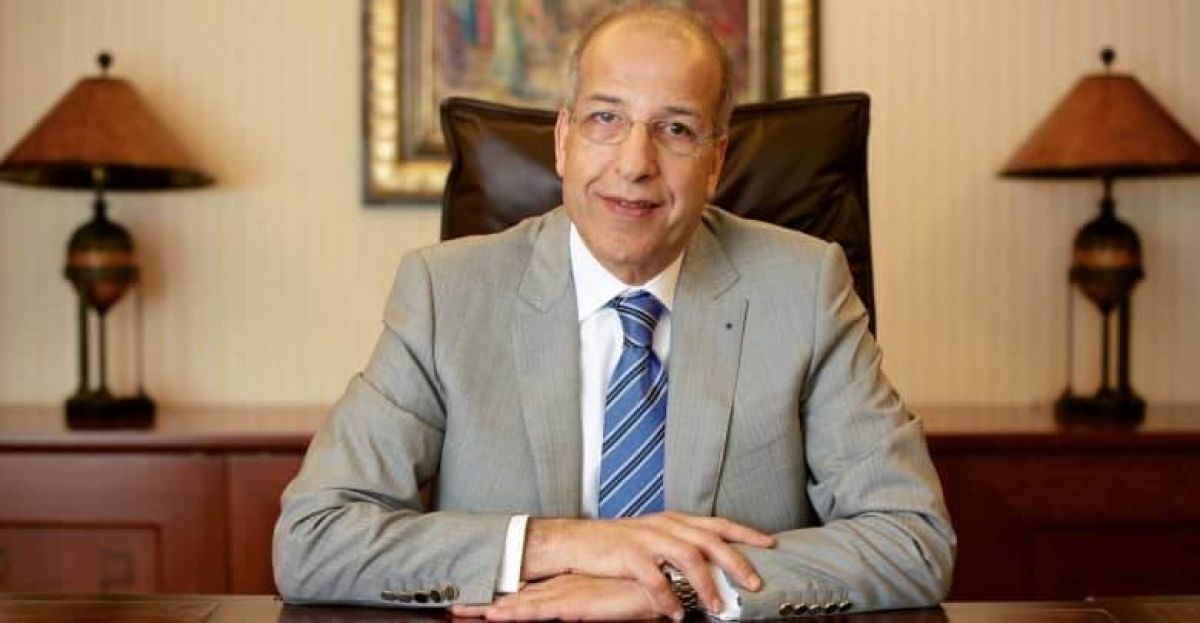The Governor of the Central Bank of Libya, Seddiq Al-Kabeer, during his address to the Prime Minister of the Government of National Unity, Abdul Hamid Dbeibeh, called on everyone to work together and adopt the necessary economic and financial policies to emerge from the suffocating crisis. This includes halting parallel and unidentified spending, approving a unified budget for the entirety of Libyan territories, rationalizing spending to preserve the state’s reserves and the rights of future generations, diversifying income sources, enhancing the role of the private sector, and reducing excessive reliance on external imports of consumer goods, which have exceeded 80%.
The Governor emphasized that economic policies require proper allocation of state financial resources to ensure a sustainable decent life for all Libyans.
He added that oil still remains the sole source of state income and the main financier of the general budget by over 95%. The unbridled expansion in public spending over the past years, totaling 420 billion dinars, where consumptive spending accounted for over 95%, at the expense of developmental spending, has exerted pressure on the exchange rate of the Libyan dinar. The payroll item jumped from 33 billion dinars in 2021 to 65 billion dinars in 2023.
The Governor noted the increase in demand for foreign currency and the rise in the exchange rate since the fourth quarter of 2023, which made it difficult for the central bank to defend the current exchange rate of 4.85 dinars per dollar, affirming that the decision to reduce the exchange rate of the Libyan dinar from 1.3 dinars per dollar to 4.85 dinars per dollar was the result of successive crises since 2013 and was not an option for the central bank.
The Governor pointed out that the reduction made by the bank resulted in clear stability during the years 2021 and 2022 in the overall economy, balance in the general budget and balance of payments, and stabilized the exchange rate of the Libyan dinar. He added that arbitrary oil production shutdowns, financial and trade policy distortions, and exacerbation of the deficit in the balance of payments have depleted a large portion of the state’s foreign currency reserves.
Additionally, Al-Kabeer stressed the importance of increasing oil production and exports in the short and medium term, with spending priorities directed towards comprehensive development investment.




